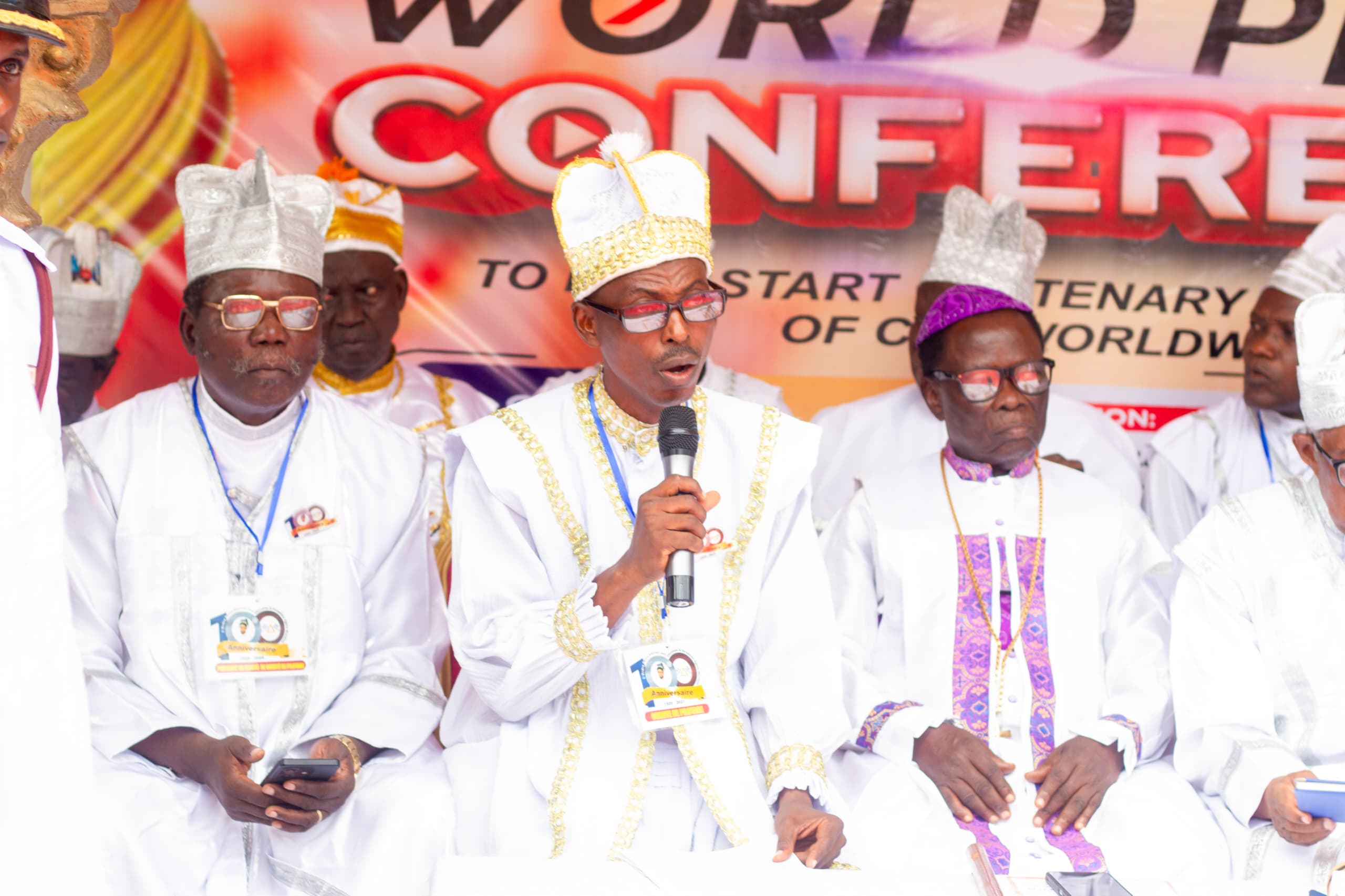WHY DO CHRISTIANS FAST? - Part 1

Fasting is the act of going without food for a certain amount of time. The act is not distinctly Christian, nor is it distinctly spiritual either. It could just be physical. And so, Pastor John, we get questions all the time about Christian fasting. What is it and why do we do it? How would you frame this discussion and introduce Christian fasting?
Fasting Defined
First of all, let’s define fasting. Here is a generally accepted definition of fasting among Christians over the centuries. Fasting is a temporary renunciation of something that is in itself good, like food, in order to intensify our expression of need for something greater — namely, God and his work in our lives.
“We fast from something good, like food, in exchange for something greater — namely, God.”
Now defined like that, fasting is not explicitly commanded in the Bible for Christians. Fasting doesn’t have the same place in Christianity that it does, for example, in Islam. The fasting that Muslims do during the month of Ramadan in Islam is a requirement of every real Muslim. You can’t really claim to be a Muslim if you say, “I am just not going to do Ramadan.” Fasting doesn’t have that kind of place in Christianity. But even though there is no command to fast in the New Testament, nevertheless there are indications that it was normal and that Jesus expected it would happen among his followers.
Fasting in Secret
For example, in Matthew 6:16–18, Jesus says, “When you fast, do not look gloomy like the hypocrites, for they disfigure their faces that their fasting may be seen by others. Truly, I say to you, they have received their reward. But when you fast, anoint your head and wash your face, that your fasting may not be seen by others but by your Father who is in secret. And your Father who sees in secret will reward you.”
So several things stand out in that passage. One is that Jesus says, “When you fast,” not “If you fast.” That is what I mean when I say it seems that he expects that his followers will be fasting. But even more clear in this passage is that Jesus insisted that our fasting not be for the sake of impressing other people. In fact, we should go out of our way, he says, as much as possible — washing our face, combing our hair — to keep other people from knowing that we are fasting. And that gives fasting for Christians a radically Godward focus. And in that sense fasting is a great test and confirmation that God is real to us, since in many situations God is the only person who knows you’re fasting. And the discipline can’t impress anybody, and all it can do is test whether you and God are really having a transaction here.
Fasting in Anticipation
Another important passage for the meaning of Christian fasting is Matthew 9:14–17. Jesus compares the old pre-Christian fasting to old wineskins and the fasting that his disciples will be doing as new wine that won’t fit into the old wineskins. It blows them up. In other words, there is something new about Christian fasting that sets it apart from the Old Testament fasting. They are not the same thing. So here is what he says:
Then the disciples of John came to him [Jesus], saying, “Why do we and the Pharisees fast, but your disciples do not fast?” And Jesus said to them, “Can the wedding guests mourn as long as the bridegroom is with them? The days will come when the bridegroom is taken away from them, and then they will fast. No one puts a piece of unshrunk cloth on an old garment, for the patch tears away from the garment, and a worse tear is made. Neither is new wine put into old wineskins. If it is, the skins burst and the wine is spilled and the skins are destroyed. But new wine is put into fresh wineskins, and so both are preserved.”
“Christian fasting is a way of expressing our longing for Jesus Christ to return.”
Jesus says that his disciples are not fasting while he is with them. He is the Bridegroom present. We don’t fast when the Bridegroom is present. But when he is gone away, he says, which he has, he has gone back into heaven, then the disciples will fast. And what that seems to indicate is that Christian fasting is a way of expressing our longing for the Bridegroom, Jesus Christ our King, to return. That is the connection between the fasting and the second coming of Christ. One of the meanings of Christian fasting is that we are expressing our hunger for the Lord Jesus to come back and to take up his kingship in this world. What sets Christian fasting apart as unique — new wine that can’t fit into the old wineskins — is that Christ has already come. The Bridegroom, the King, has already been here. We have seen him and known him. We love him, because we have tasted of his presence. We have already tasted the presence of the kingship of Jesus.
So Christian fasting is not merely hoping and longing and hungering and aching for something future. It is based on an already and not just a not yet. The King has come. He has died for our sins. He is risen from the dead. He is gone away into heaven. We already have the down payment in our hearts of his presence and his Spirit, but we long and we hunger for the consummation of the day of his return, his coming and reigning. So Christian fasting is unique in all the fasting of the world. It is unique in that it expresses more than longing for Christ or hunger for Christ’s presence. It is a hunger that is rooted in, based on, an already present, experienced reality of Christ in history and in our hearts.
Prepared & Compiled by:
ELD. BRO. ADEOLA ADEOYE (DR. GP).
National Convener/President, Alabaster Youth International Ministry – Interdenominational,
Chapel Leader, Progressive International (C&S), Ogo-Oluwa Parish, Chapel of Glorious Star, Ogun State.
08121354504.




Leave Comments